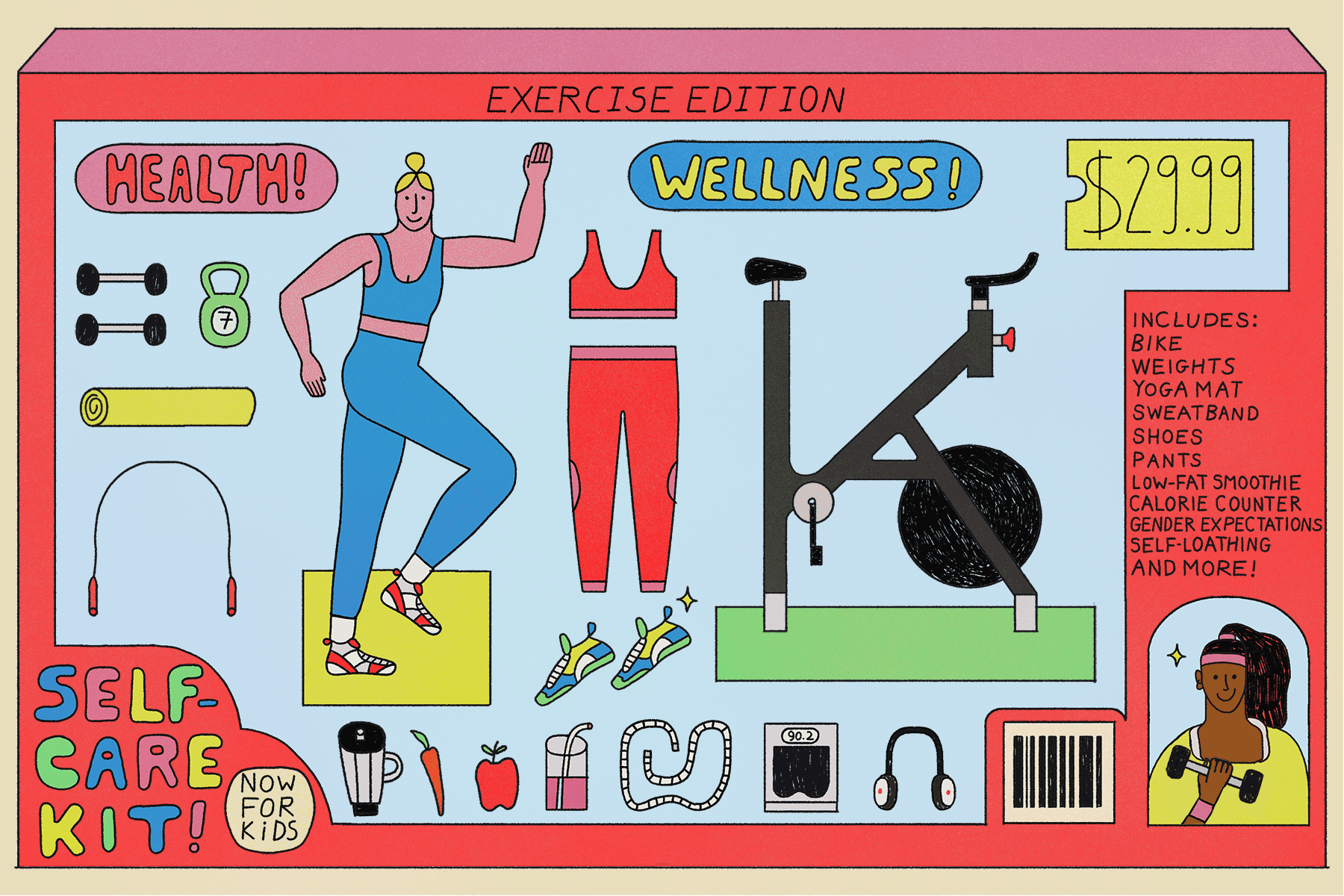‘The Marshmallow Test’ takes a look at mastering self-control
- Share via
If psychologist Walter Mischel were to sell merchandise with his book “The Marshmallow Test: Mastering Self-Control,” bumper stickers would surely prove popular.
“Proud parent of a child who didn’t eat the marshmallow” could adorn SUVs. Even more competitive parents might retort: “My kid ate the marshmallow. She was hungry after Mandarin class.”
The test, created by Mischel in the 1960s, was at the heart of an investigation of the ability of young children to delay gratification. A marshmallow was placed in front of them as they sat alone in a plain room. The child could choose to eat the one treat — or wait about 15 minutes to receive two treats.
More monumental findings followed: The psychologist observed that the children who waited for the second treat did better at school, and formal research confirmed this. Those who waited enjoyed better health too.
These discoveries prompted further investigation into where the ability to control oneself comes from. This book, a compendium of his life’s research, is Mischel’s attempt to demonstrate that self-control can be learned. It is published by Little Brown & Co.
Although most of the book is focused on children and adolescents, there are lessons that may prove useful to professionals. There are strategies one can employ to distract oneself from the temptation of instant gratification.
The key, Mischel says, is to tone down the “hot system” that is emotional and operates via primitive brain structures, and bring the “cool system” to the fore. This second system is cognitive, reflective and centered in the most evolved region of the brain: the prefrontal cortex.
The hot system is not without merit, however. You can deploy it when making decisions about the future. For example, Mischel outlines a study in which subjects who saw aged photos of themselves opted to save 30% more for retirement than those who saw an un-aged photo.
The aging was a way of heating up the decision by helping people feel more connected with their future self. Perhaps you are weighing which job to take? Try to imagine your day as if you were actually doing each job.
However, the book is somewhat light on practical, usable advice. Author Charles Duhigg’s 2012 book, “The Power of Habit: Why We Do What We Do in Life and Business,” is perhaps more useful in this regard.
Mischel is also keen to counter the widely held view that willpower is an exhaustible resource. He does not believe that people run out of self-control, but that they need to be sufficiently motivated to apply it.
Bill Clinton, Mischel notes, had the willpower to get through law school at Yale, win a Rhodes scholarship and become president. But his self-control was not applied to junk food and attractive female interns.
This argument is the crux of Mischel’s treatise: Self-control comes naturally to some — and the rest can learn it, but the motivation to use this skill in a situation is a quite different matter.
There are few pointers on how to discover that motivation. So it would appear that eating the marshmallow after Mandarin class might not indicate the child lacks self-control, but finding the motivation to learn another language at all is a topic for a different book entirely.
Lisa Pollack is a columnist for the Financial Times of London, in which this review first appeared.
More to Read
Inside the business of entertainment
The Wide Shot brings you news, analysis and insights on everything from streaming wars to production — and what it all means for the future.
You may occasionally receive promotional content from the Los Angeles Times.









